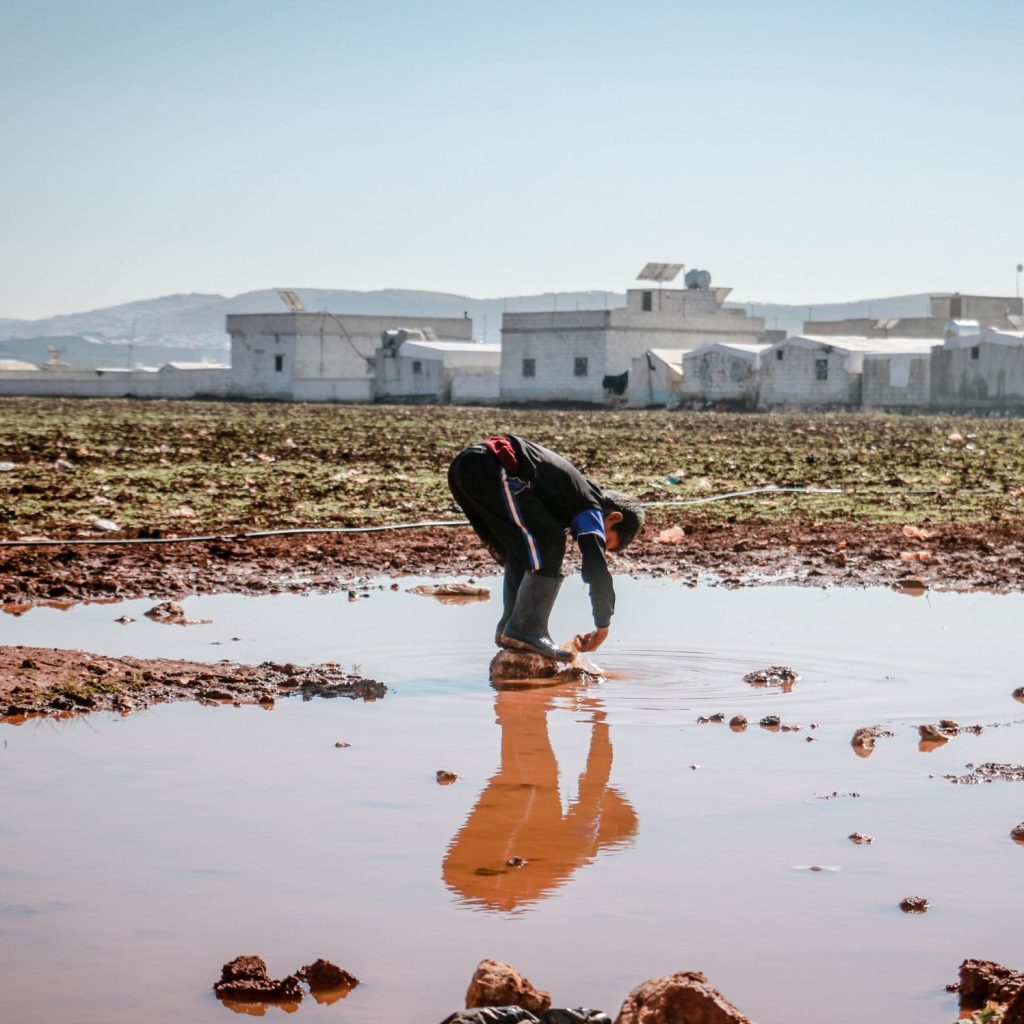In a video by Business Insider titled “How Fast Fashion Is Poisoning Pakistan’s Drinking Water”, the spotlight is turned on the often overlooked environmental and health impacts of the fast fashion industry. This industry, known for its rapid production of cheap, trendy clothing, has a hidden cost that is particularly evident in Pakistan.
The Fast Fashion Industry in Pakistan
Faisalabad, a city in Pakistan, is a fast fashion powerhouse with hundreds of factories producing textiles and garments for big-name brands worldwide. However, the rapid growth and profitability of this industry come at a significant cost to the environment and public health.
The Environmental Cost
The process of washing and dyeing fabrics in these factories involves the use of large quantities of dye, detergent, and acid. The wastewater from these factories, if untreated, can pose serious health risks. Despite laws prohibiting industrial pollution in Pakistan, untreated wastewater often ends up in open drains and eventually contaminates the groundwater.
Impact on Public Health

Photo by on Pexels
The contamination of groundwater has severe implications for public health. The water, which is pumped into people’s homes, has been found to be unfit for drinking in almost 60% of the sources in Faisalabad. The poor water quality is linked to diseases like typhoid, dysentery, hepatitis, and skin conditions. It is estimated that around 50,000 children under the age of five die every year in Pakistan from diarrhea caused by poor water quality.
Personal Stories
The video shares the story of Muhammad Anwar, a resident of Faisalabad, who developed a skin condition called hot tub folliculitis due to prolonged exposure to contaminated water. Despite buying water for drinking and cooking from a local water seller, the water still has traces of contamination. The condition, while not life-threatening, is uncomfortable and has taken a toll on Muhammad’s mental health.
Efforts to Mitigate the Impact
Some larger factories, like Masood Textile Mills, have invested in their own effluent treatment plants to treat the water before it flows into the city’s sewers. However, many smaller factories lack the resources or space to install such facilities. There are ongoing projects to upgrade the city’s water treatment plants and waterways, but the residents continue to pay the price for the industry’s growth.
Conclusion
The fast fashion industry’s impact on Pakistan’s drinking water is a stark reminder of the hidden costs of our consumption habits. While efforts are being made to mitigate the damage, it is clear that more needs to be done to ensure the health and safety of the people affected by this industry.
To watch the full video and gain a deeper understanding of the impact of fast fashion on Pakistan’s drinking water, click here.












